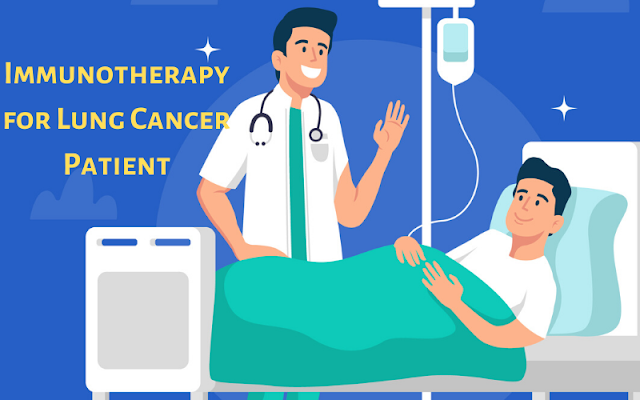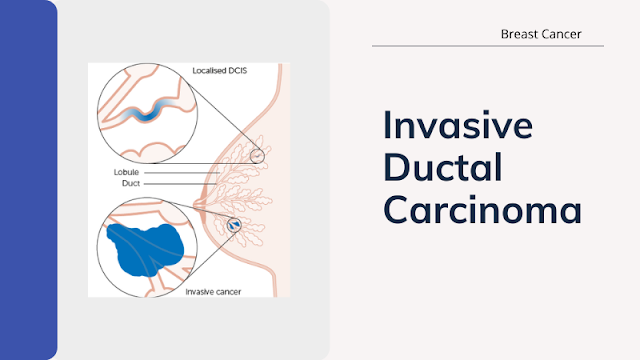WHAT DOES IMMUNOTHERAPY DO FOR LUNG CANCER PATIENT
Immunotherapy is the process of either activating or suppressing the immune system to fight against the disease. The immune therapy that activates the immune response is known as activation immunotherapy and those therapies that decrease or suppress are called suppressive immunotherapy.
In years, immunotherapy is considered as a promising treatment of lung cancer.
It is a type of cancer treatment that activates the immunity to fight against cancer.
It's been decades, researchers have studied the role of the immune system in treating and preventing cancer.
Immunotherapy also can be addressed as biological therapy, is a type of cancer treatment designed to boost the body's natural defenses to fight cancer. The availability of several types of immunotherapy beyond checkpoint inhibitors, including cancer vaccines, monoclonal antibodies, and chimeric antigen receptor (CAR) T cells.
Immunotherapy became a key part of treating several different types of diseases.
But not all immunotherapies work the same way. Some immunotherapies boost your immune system overall, while others try to teach it in order to attack very specific types of cells found in tumors.
In 2015, Nivolumab was used for the treatment of non-small cell lung cancer (NSCLC).
In 2016, Atezolizumab was approved by FDA for treatment of metastatic non-small cell lung cancer (NSCLC).
In 2017, Pembrolizumab in combination with pemetrexed and carboplatin was used for non-small cell lung cancer (NSCLC) And In the year 2018, Atezolizumab was approved.
Targeted Therapy:
Patients who are carrying a lung tumor with EGFR or ALK gene mutations must be treated with targeted therapy rather than immunotherapy initially. For such patients, there is a higher chance that targeted therapy will shrink the tumor than that immunotherapy will work.Erlotinib (Tarceva): Erlotinib 150 mg is used in the treatment of non-small cell lung cancer (NSCLC). Erlotinib is sold under the trade name Tarceva.
Erlotinib is differentiated as an epidermal growth factor receptor. It is a targeted drug therapy.
The epidermal growth factor receptor (EGFR) found on the surface of normal cells and many cancerous cells are blocked by erlotinib (Erlonat 150 mg).
Some limitations of using this drug are:
- It is not recommended in use with combination with platinum-based chemotherapy
- Safety and efficacy are avoided in NSCLC treatment.
Some side effects of erlotinib tablets are:
- Diarrhea
- Poor appetite
- Fatigue
- Cough
- Nausea and vomiting
Gefitinib: Gefitinib 250mg is a kinase inhibitor that is used in the treatment of metastatic non-small cell lung cancer (NSCLC).
The recommended use of Gefitinib is to uptake 250mg orally either one daily with or without food depending on the stage of the disease.
This 250 mg tablet is biconvex, brown, round having "IRESSA 250" marked on one side. One bottle contains 30 tablets of Gefitinib which should be stored at 20-25 degree Celsius.
Read: Does chemotherapy really cure lung cancer?




Comments
Post a Comment